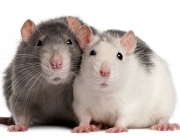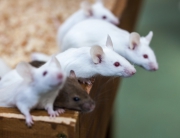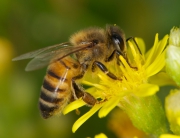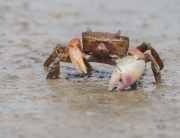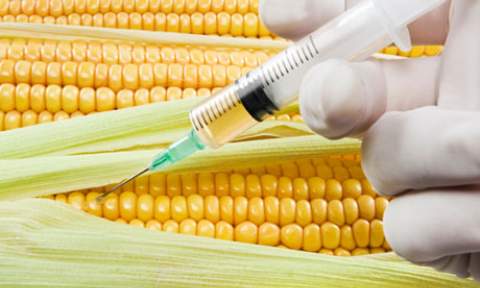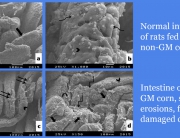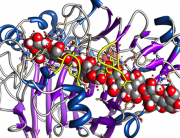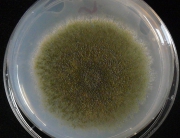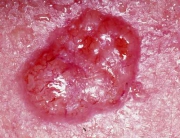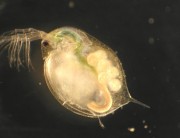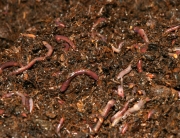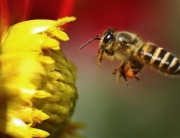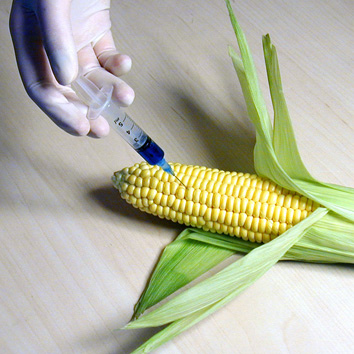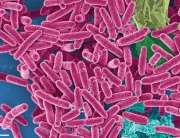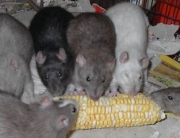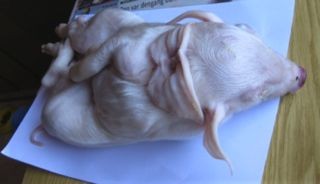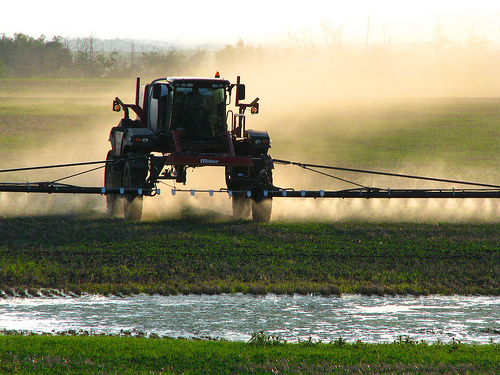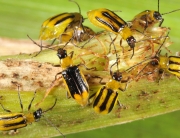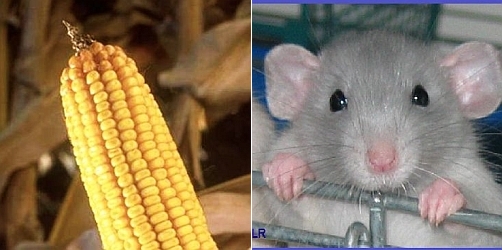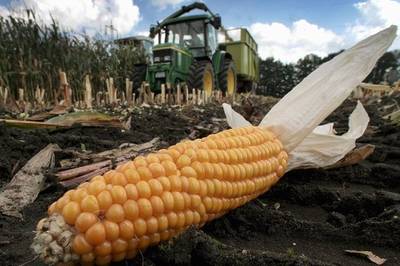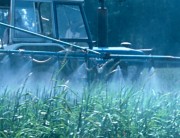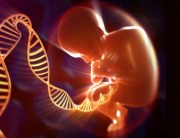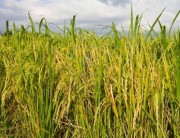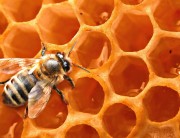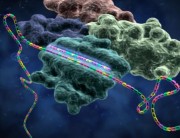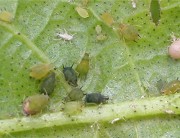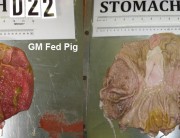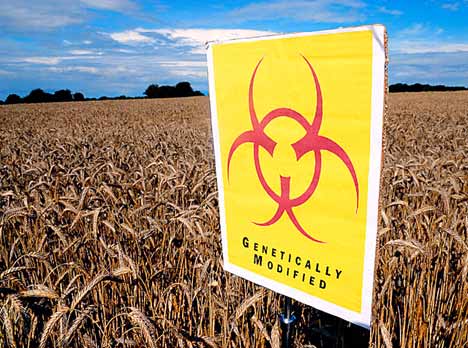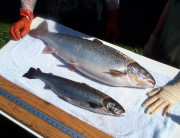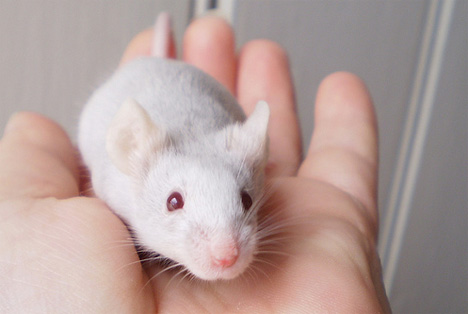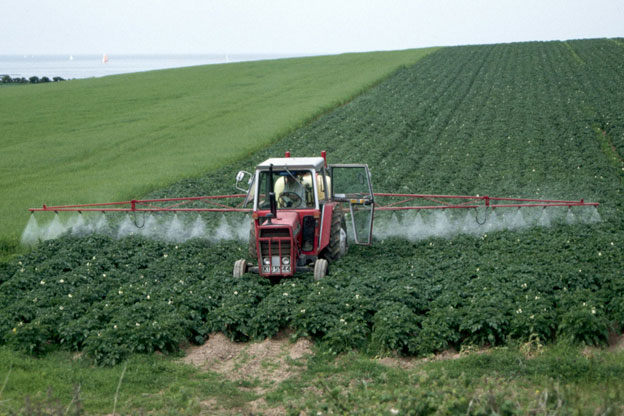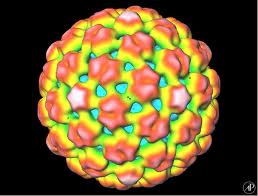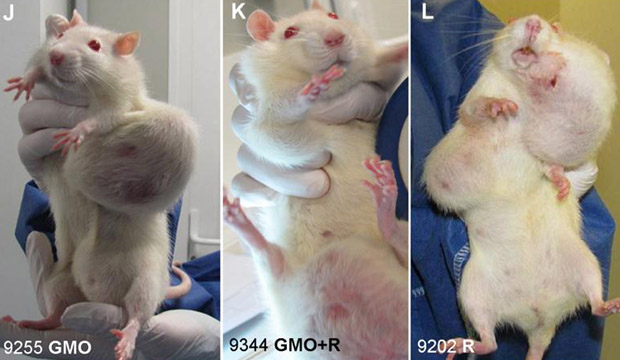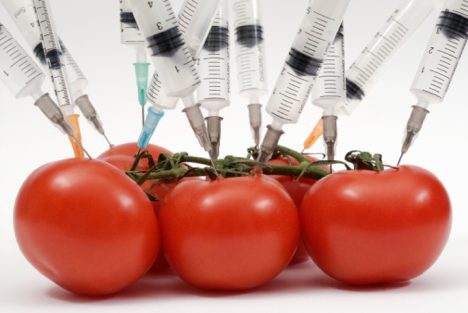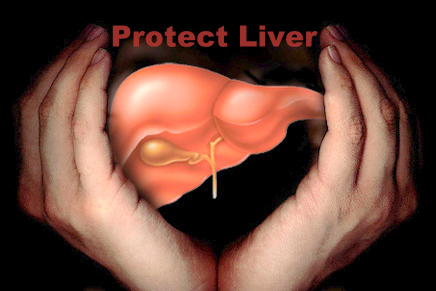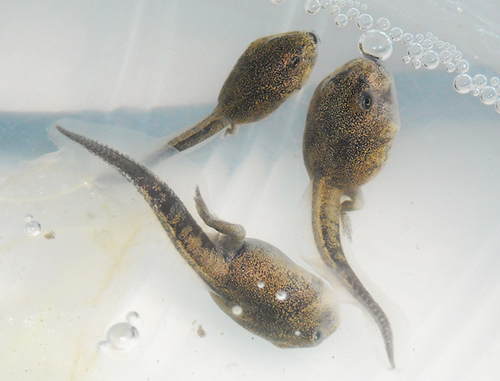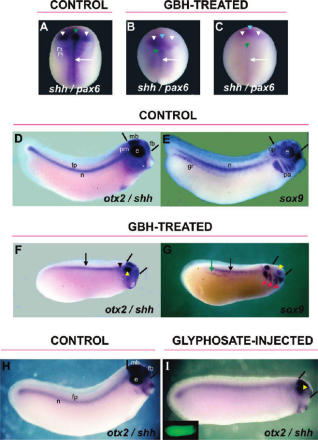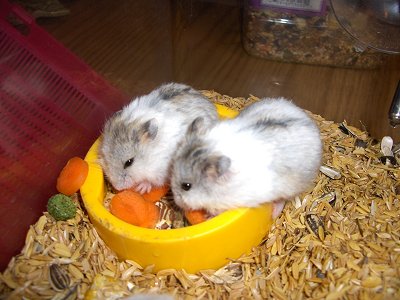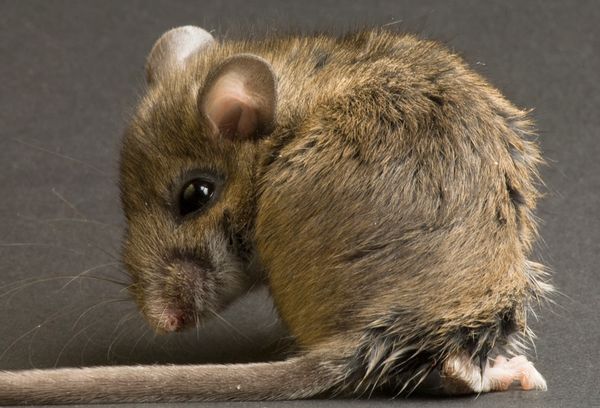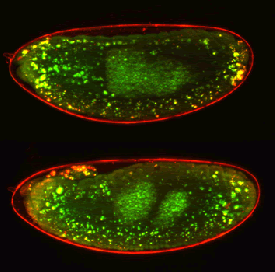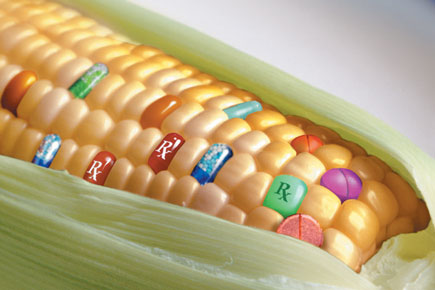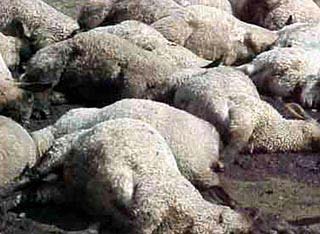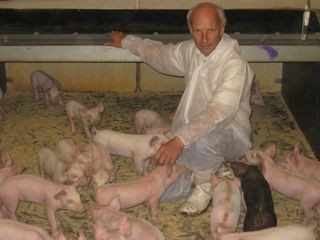In this Universita Cattolica S. Cuore paper, the potential transfer of diet derived DNA to animal tissues after consumption of GM plants is assessed. Blood, spleen, liver, kidney and muscle tissues from piglets fed for 35 days with diets containing either GM (MON810) or a conventional maize were investigated for the presence of plant DNA. A small fragment of the Cry1A(b) transgene was detected in blood, liver, spleen and kidney of the animals raised with the transgenic feed.
Source: zivilcourage.ro
Abstract
In Europe, public and scientific concerns about the environmental and food safety of GM (Genetically Modified) crops overshadow the potential benefits offered by crop biotechnology to improve food quality. One of the concerns regarding the use of GM food in human and animal nutrition is the effect that newly introduced sequences may have on the organism. In this paper, we assess the potential transfer of dietderived DNA to animal tissues after consumption of GM plants. Blood, spleen, liver, kidney and muscle tissues from piglets fed for 35 days with diets containing either GM (MON810) or a conventional maize were investigated for the presence of plant DNA. Only fragments of specific maize genes (Zein, Sh-2) could be detected with different frequencies in all the examined tissues except muscle. A small fragment of the Cry1A(b) transgene was detected in blood, liver, spleen and kidney of the animals raised with the transgenic feed. The intact Cry1A(b) gene or its minimal functional unit were never detected. Statistical analysis of the results showed no difference in recovery of positives for the presence of plant DNA between animals raised with the transgenic feed and animals raised with the conventional feed, indicating that DNA transfer may occur independently from the source and the type of the gene. From the data obtained, we consider it unlikely that the occurrence of genetic transfer associated with GM plants is higher than that from conventional plants.
Authors
Raffaele Mazza, Mirko Soave, Mauro Morlacchini, Gianfranco Piva, Adriano Marocco





